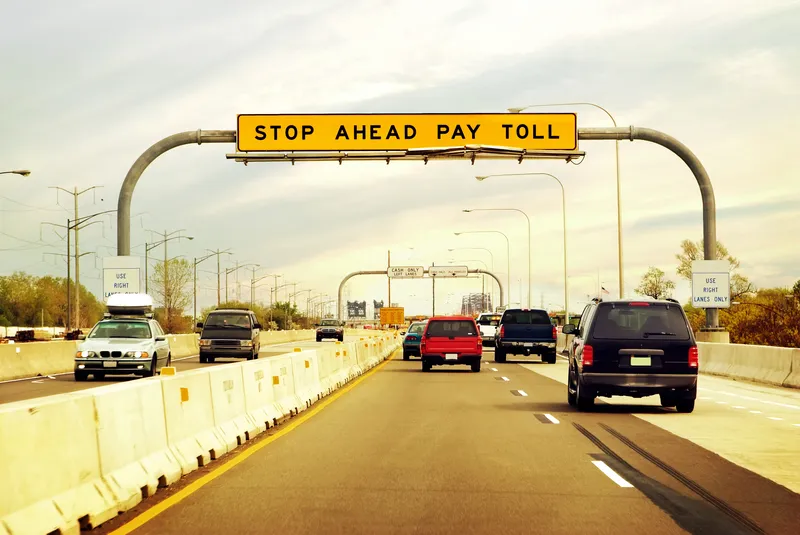Following a series of consultations with stakeholders, South Africa’s Inter-Ministerial Committee on the Gauteng Freeway Improvement Project (GFIP), led by Deputy President Kgalema Motlanthe, Cabinet, has recommended that the South African National Roads Agency Limited (Sanral) should proceed with the implementation of an e-tolling system.
October 29, 2012
Read time: 2 mins
Following a series of consultations with stakeholders, South Africa’s Inter-Ministerial Committee on the Gauteng Freeway Improvement Project (GFIP), led by Deputy President Kgalema Motlanthe, Cabinet, has recommended that the South African National Roads Agency Limited (2161 SANRAL) should proceed with the implementation of an e-tolling system.
Stakeholders came to the agreement that the tolled roads have improved, and travelling times have been reduced. Most agreed on the user pay principle and that the e-toll system should be part of a mix of mechanisms employed to address the problem of congestion, as well as to raise funding for the construction and maintenance of freeways.
The project is to be implemented within a broader context of improvements to integrated public transport and improvements to non-toll alternative routes.
Discussions on toll payments, including the use of a fuel levy, came to the conclusion that an e-tag system would provide users with the lowest possible toll fees. The government has proposed that toll fees for e-tag users be capped for light vehicles; monthly toll caps for e-tag registered heavy vehicle users are also introduced.
The government is confident that the Gauteng Freeway Improvement Project is an important contributor to keeping South Africa's economic hub moving. The country's first multi-lane free-flow toll system using Electronic Toll Collection (ETC) will provide road users with a smoother and safer journey.
Stakeholders came to the agreement that the tolled roads have improved, and travelling times have been reduced. Most agreed on the user pay principle and that the e-toll system should be part of a mix of mechanisms employed to address the problem of congestion, as well as to raise funding for the construction and maintenance of freeways.
The project is to be implemented within a broader context of improvements to integrated public transport and improvements to non-toll alternative routes.
Discussions on toll payments, including the use of a fuel levy, came to the conclusion that an e-tag system would provide users with the lowest possible toll fees. The government has proposed that toll fees for e-tag users be capped for light vehicles; monthly toll caps for e-tag registered heavy vehicle users are also introduced.
The government is confident that the Gauteng Freeway Improvement Project is an important contributor to keeping South Africa's economic hub moving. The country's first multi-lane free-flow toll system using Electronic Toll Collection (ETC) will provide road users with a smoother and safer journey.








